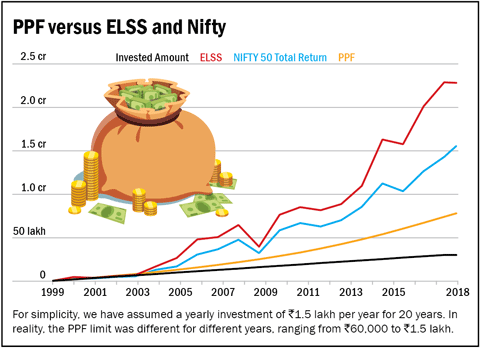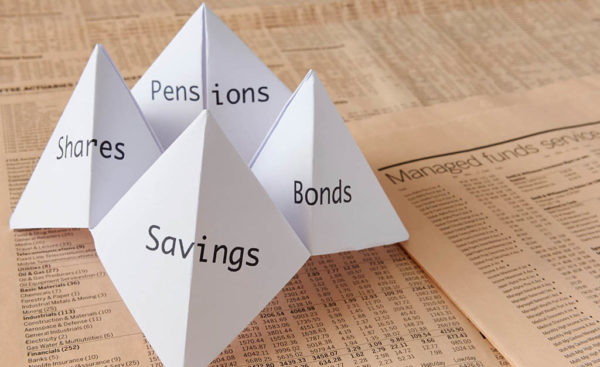
When you grow up in India, you often hear that the house you purchase is the single best investment. Stories generally are abound about the fabulous wealth created in Real Estate Investment. For 55 plus population who are risk averse to equity markets and related investments, have surplus cash and limited investment options considering dwindling Fixed Deposit interest rates and other savings schemes, Real Estate looks all the more lucrative. This article tries to explain why the same is not always the case. So lets go about debunking a few of the prevalent myths:
Home prices always appreciate
Look around you, how many successful real estate investment exits have you seen recently. Consider a 1000 Sq. ft. Flat in an average(not so posh) location in a metro city like Kolkata. The mean will be around Rs. 70,00,000 (advertised as an apartment @ Rs 53,00,000) inclusive of costs like brokerages, registration, upkeep, parking etc. Now if some of you borrow to invest in houses, with average interest rates hovering around 6.75-8.5 % levels, over the long term period, the average return attained by investing in real estate, are even lower than the compounded rates for fixed instruments. Very poor investments considering ever growing inflation.
We will earn back the EMI’s
Firstly the average monthly rental for a 1000 sqft flat in an average location in Kolkata would be around the 10,000-15,000. The average person would take a home loan of at least Rs 55 lakhs for a home. The EMI will come close to Rs 47900 at 8.55% for 20 years. Compare that with a Rental value of Rs. 10,000-15,000 per month. Need I say more.
We can always rent it out
Now take a drive around New Town in Kolkata. How many of these high rise buildings have apartments with lights on. Guess the reason , the owners aren’t nocturnal beings, but its because they don’t live there and can’t find people to rent it out. With so many buyers having bought at the peak of the real estate market, the supply is huge and this will keep the rents subdued for a long time to come. And who’s there to guarantee that your tenant is going to treat it the way you do. In the adverse situation you may just be left with upkeep bills larger than your yearly rent.
A risk free investment
This is probably the biggest driver of the real estate as a good investment hypothesis. Google Supertech / Amrapali / Jaypee / Unitech etc. handover / delays / agitations and you would be convinced of how safe your investment would be. Also with the government turning off the tap on the steady flow of black money into the sector, via. black swan events like demonetization and stringent anti tax-evasion laws, the going can only get tough from here on.
Having read the facts above, do you still think that real estate is still a superior investment?? Do let us know your thoughts in the Comments section below.












